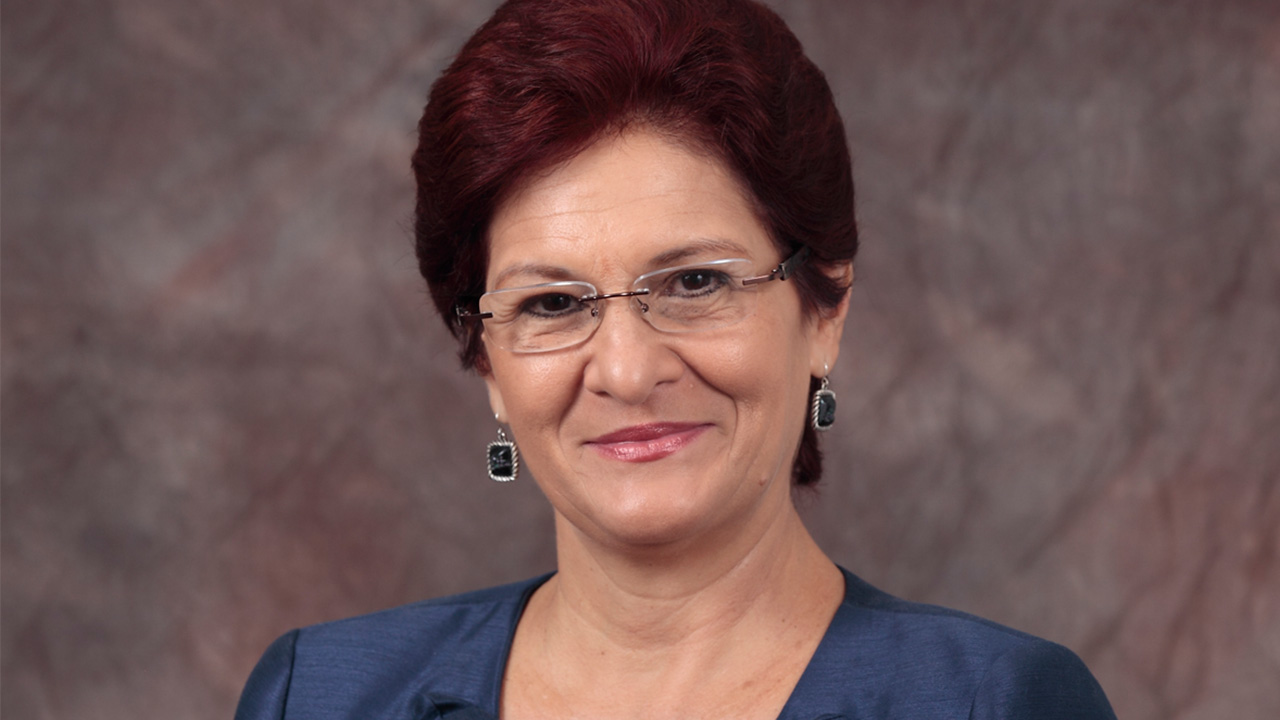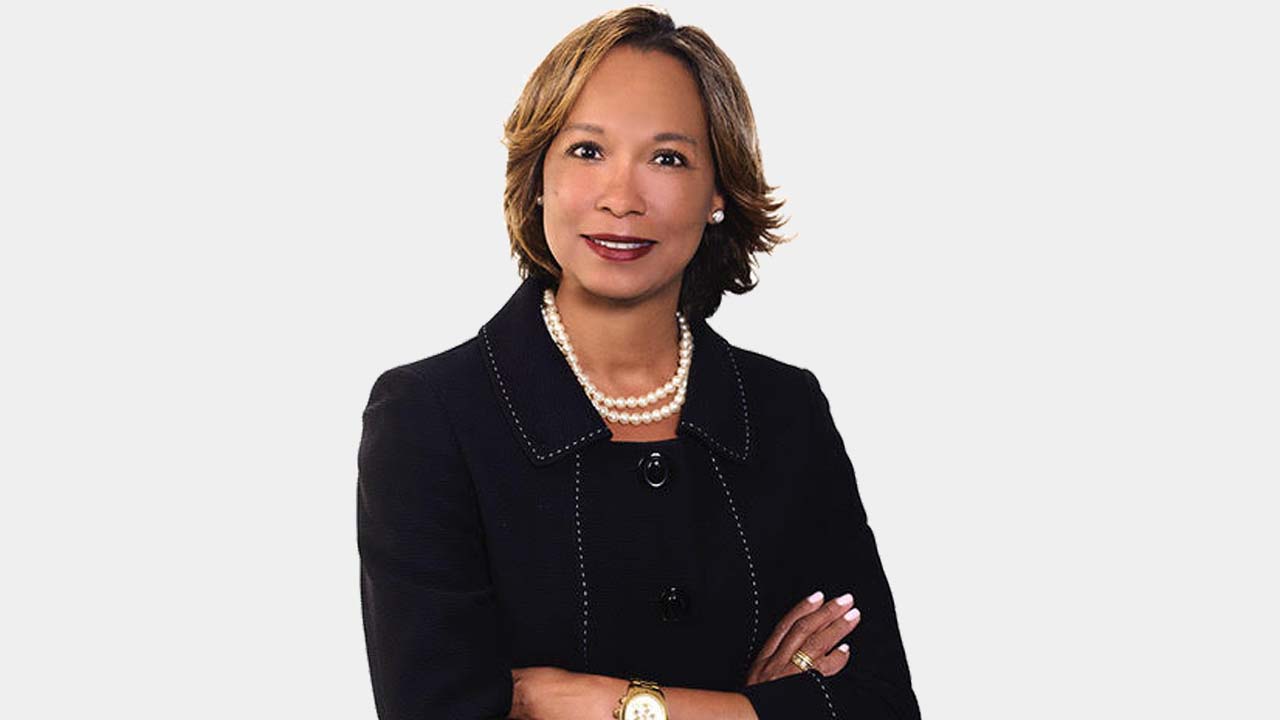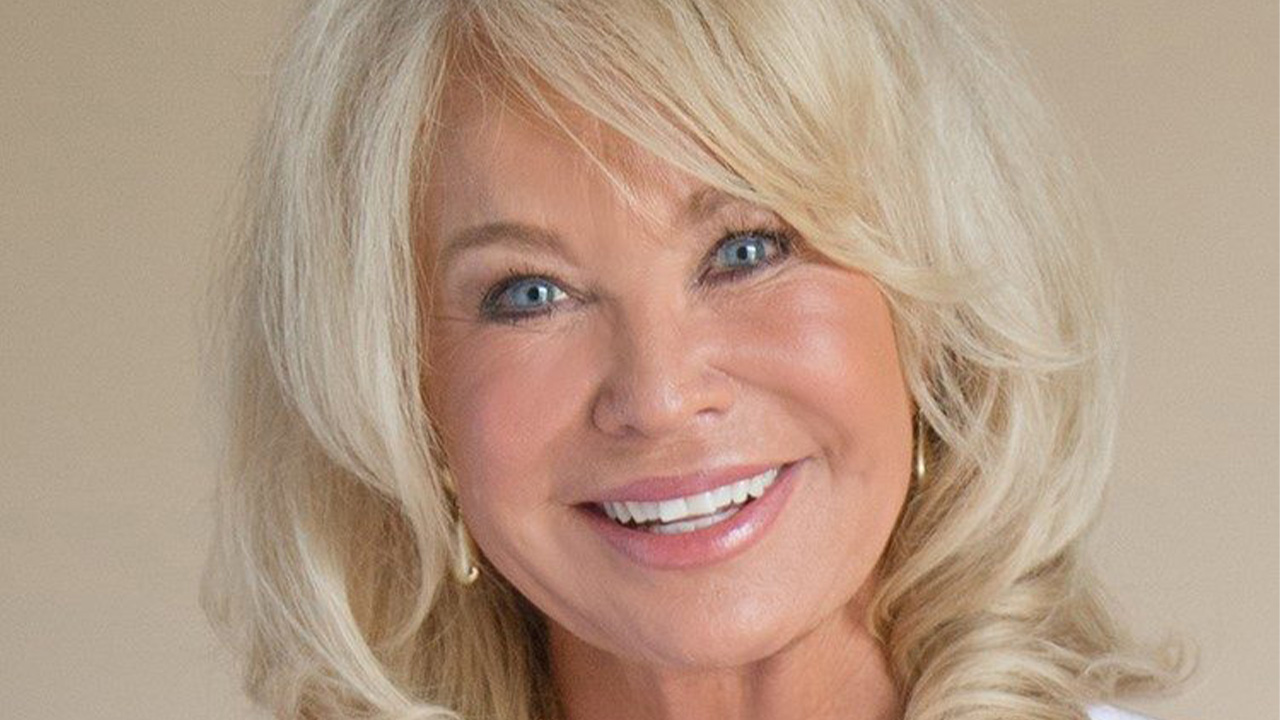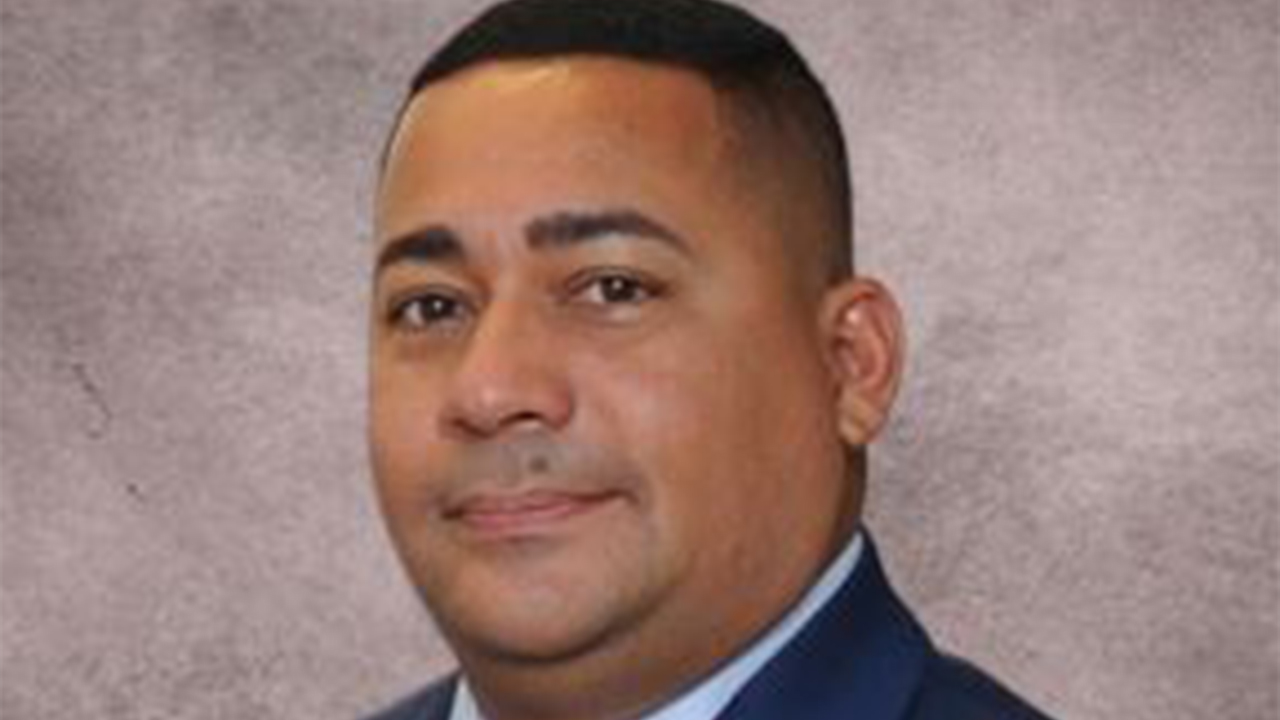Guadalupe Rodriguez, MSW-LCSW, MPH
Counseling Manager
United HomeCaree®
305.716.0710
unitedhomecare.com
According to the Population Reference Bureau, the number of Americans ages 65 and older is projected to increase from 58 million in 2022 to 82 million by 2050 (a 47% increase). The CDC warns us that as the population ages and disability worsens, it is critical to understand the physical and mental health burden placed on 53 million US adult caregivers who care for a spouse, elderly parent or relative, or special needs child.
Caregiving, no matter to whom, is a challenge that impacts caregivers’ personal and professional lives in multiple ways, including his/her ability to work, engage in social interactions and relationships and maintain good physical and mental health. The average age of a caregiver is 49 but nearly 10% are also seniors. There’s also been a dramatic increase in the time people spend caregiving. Caregivers spend an average of 24.4 hours a week providing care, but 23% spend more than 41 hours per week.
Considering the current caregiving landscape, it’s crucial for us to acknowledge the pressing necessity of supporting immediate family members who bear the heaviest responsibilities. In my experience assisting caregivers, I’ve heard a recurring sentiment: “I yearn for my family’s help, whether it’s lending a hand with tasks or simply providing some time for me to rest. Even small gestures would make a significant impact on my well-being.”
“Let’s conclude with a call to action: “Family members, become the pillars of support your family caregivers deserve. By extending a helping hand and offering your time, you can transform their journey from one of solitude to a shared triumph of love and care. Together, you can lighten their load and illuminate their path with the warmth of family solidarity.”












